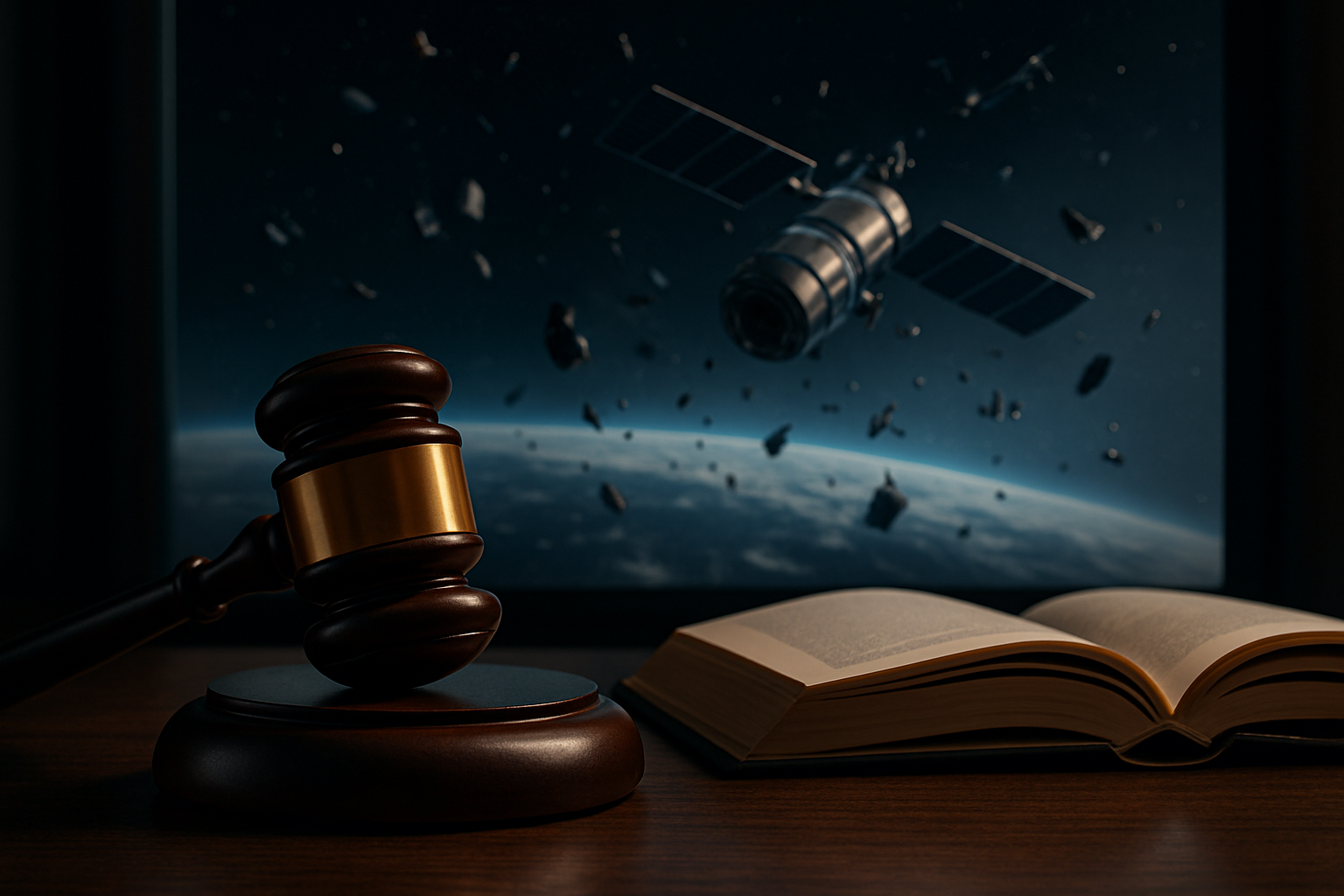The Legal Labyrinth of Emerging Space Mining Regulations
Introduction: In the vast expanse of space, a new frontier of legal challenges emerges as nations and private companies set their sights on extraterrestrial resource extraction. This article delves into the complex world of space mining regulations, exploring the intricate legal frameworks being developed to govern this burgeoning industry and its far-reaching implications for international law and global economics.

Historical Context and Legal Foundations
The foundation of space law rests on the 1967 Outer Space Treaty, which established principles for the peaceful exploration and use of outer space. However, this treaty was crafted in an era when space mining was purely theoretical. It emphasizes that space and celestial bodies are the province of all mankind and cannot be subject to national appropriation. This principle has led to debates over whether private entities can claim ownership of space resources.
The U.S. Commercial Space Launch Competitiveness Act
In 2015, the United States took a bold step by passing the U.S. Commercial Space Launch Competitiveness Act. This legislation explicitly allows U.S. citizens to engage in the commercial recovery of space resources, including water and minerals from celestial bodies. The Act asserts that U.S. citizens have the right to own, transport, use, and sell space resources they obtain, marking a significant departure from traditional interpretations of the Outer Space Treaty.
International Reactions and Emerging Frameworks
The U.S. legislation has sparked a global conversation about the legality and ethics of space mining. Luxembourg followed suit in 2017 with its own space resources law, becoming the first European country to establish a legal framework for space mining. Other nations, including Japan and the United Arab Emirates, have also begun developing their own space resource policies.
The Artemis Accords: A New Era of Space Cooperation
In 2020, NASA introduced the Artemis Accords, a set of principles for cooperation in the civil exploration and use of the Moon, Mars, and other astronomical objects. While primarily focused on peaceful exploration, the Accords also address space resource extraction. They affirm the right to extract and utilize space resources, framing it as a key to sustainable lunar exploration and scientific discovery.
Challenges in Developing Universal Regulations
Despite these advancements, the international community faces significant challenges in developing a universally accepted regulatory framework for space mining. Key issues include:
-
Reconciling national laws with international treaties
-
Addressing concerns about environmental protection in space
-
Ensuring equitable access to space resources for all nations
-
Preventing conflicts and promoting peaceful uses of outer space
-
Establishing mechanisms for dispute resolution in space-related matters
The Role of the United Nations
The United Nations Office for Outer Space Affairs (UNOOSA) has been actively engaging in discussions about space resource utilization. In 2019, the UN Committee on the Peaceful Uses of Outer Space (COPUOS) established a working group to address legal aspects of space resource activities. This group aims to develop a set of recommended principles for the governance of space resource activities, fostering international cooperation and legal certainty.
Environmental Considerations and Sustainable Practices
As the legal framework for space mining evolves, there is growing emphasis on incorporating environmental protections and sustainable practices. Concerns about space debris, contamination of celestial bodies, and the potential disruption of scientific research sites are driving discussions about responsible resource extraction in space. Future regulations will likely include provisions for environmental impact assessments and mitigation measures.
Economic Implications and Global Market Dynamics
The potential economic impact of space mining is staggering, with some estimates suggesting a multi-trillion dollar industry. This prospect is reshaping global market dynamics and influencing national space policies. Countries are racing to position themselves advantageously in this new frontier, leading to both cooperation and competition in space law development.
Navigating the Future of Space Law
As we stand on the brink of a new era in space exploration and utilization, the legal landscape governing space mining continues to evolve. The challenge lies in creating a regulatory framework that balances the interests of private enterprise, national sovereignty, and the common heritage of mankind. As technology advances and the first space mining operations become a reality, the global community must work together to ensure that the final frontier is explored and exploited responsibly, equitably, and in accordance with international law.






